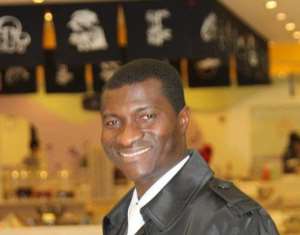
My passionate plea highlights the complexities of African politics, the legacy of colonialism, and the ongoing struggles for sovereignty and self-determination.
President Ibrahim Traoré’s leadership in Burkina Faso has indeed garnered attention, and his efforts to develop the country and assert its independence are seen as inspiring by many.
The questions I raise about the African Union’s response to coup attempts and external interference are crucial. The AU’s role in promoting African unity, stability, and development is vital, and its actions (or inactions) can have significant impacts on the continent’s trajectory.
I call for African leaders to stand in solidarity with one another to defend their sovereignty as a continent. The historical context of colonialism and ongoing forms of neocolonialism underscore the need for African nations to work together to protect their interests and promote their development.
African leaders who were targeted or killed for their activism and leadership highlight the risks and challenges faced by those who dare to challenge the status quo. My question is when will the United Nations respect African sovereignty, given the ongoing debates about global governance and the role of international institutions.
Ultimately, it is time for Africans to rise up and demand greater accountability, solidarity, and support for leaders like President Traoré who is working to promote his countries’ interests and development.
The question remains: what will it take for African leaders and citizens to collectively say “enough is enough” and assert their rights to sovereignty, self-determination, and development.
– Strengthening African institutions:
Enhancing the capacity and effectiveness of organizations like the African Union to promote unity, stability, and development.
– Regional cooperation:
Fostering greater collaboration and cooperation among African nations to address common challenges and promote shared interests.
– Leadership development:
Supporting the development of visionary and effective leaders who prioritize Africa’s interests and development.
– Civil society engagement:
Empowering civil society organizations and citizens to hold leaders accountable and demand greater transparency and accountability.
– Global advocacy:
Amplifying Africa’s voice and perspectives in global forums to promote a more equitable and just international order.
By: Apostle Dr. Pious Yanzuh.
Ghana. West Africa


